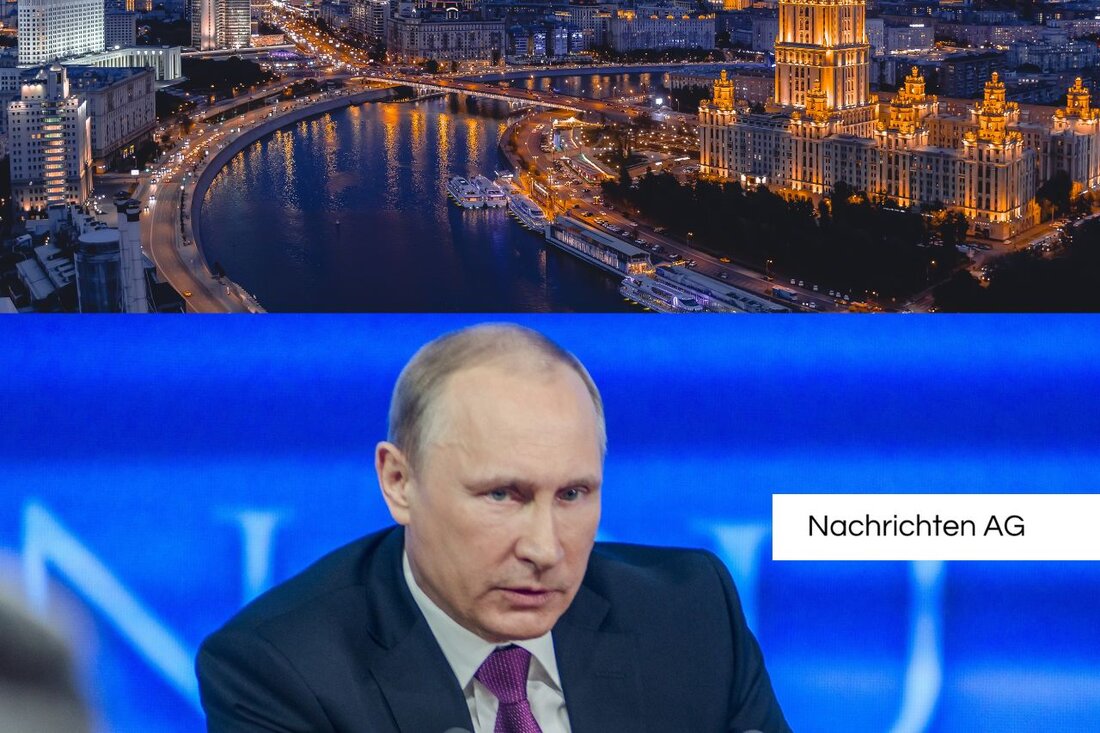JJ demands: ESC 2026 without Israel! - Strain about the televoting!
ESC winner JJ demands Israel's exclusion at the ESC 2026 in Vienna because of the military operations in the Gaza Strip and criticizes the EBU.

JJ demands: ESC 2026 without Israel! - Strain about the televoting!
The Austrian countertenor JJ, bourgeois Johannes Pietsch, won the third victory for Austria at the Eurovision Song Contest (ESC) with his pop opera ballad "Wasted Love". In a current interview with the Spanish newspaper "El País", however, he calls for Israel's exclusion at the upcoming ESC in Vienna. This requirement is in the context of continuing military operations in the Gaza Strip, which, according to JJ, is said to have demanded over 50,000 lives. He expresses his opinion in the middle of an intensive debate about the political neutrality of the ESC and the associated moral responsibility of the European Radio Union (EBU).
JJ, who emerged as the winner of the ESC 2023 with 436 points, draws parallels to the exclusion of Russia from the competition in 2022 after the attack on Ukraine. He criticizes the EBU for its missing uniform line in relation to such political conflicts. Several countries, including Spain and Belgium, support JJ and demand an investigation of televoting because they believe that Israel has been unfairly advised by targeted mobilization campaigns. It is also accentuated that the Israeli singer Yuval Raphael took second place with her song "New Day Will Rise" and at the same time won the audience voting.
criticism of censorship and for diversity
JJ, who is only 24 years old and comes from Vienna, is therefore known and valued not only for his musical achievements, but also for his commitment to diversity in the European music scene. At his appearance in Basel, he was celebrated as a symbol of openness, while his current comments are now initiating a broader discussion about politics and art in the ESC
The reactions to JJ’s statements are traced with excitement, since the EBU and the participating countries are facing complex decisions before the next edition of the ESC in Vienna that have both artistic and political implications. The question remains how the competition can act in the future as a platform for artistic forms of expression and for social issues.

 Suche
Suche
